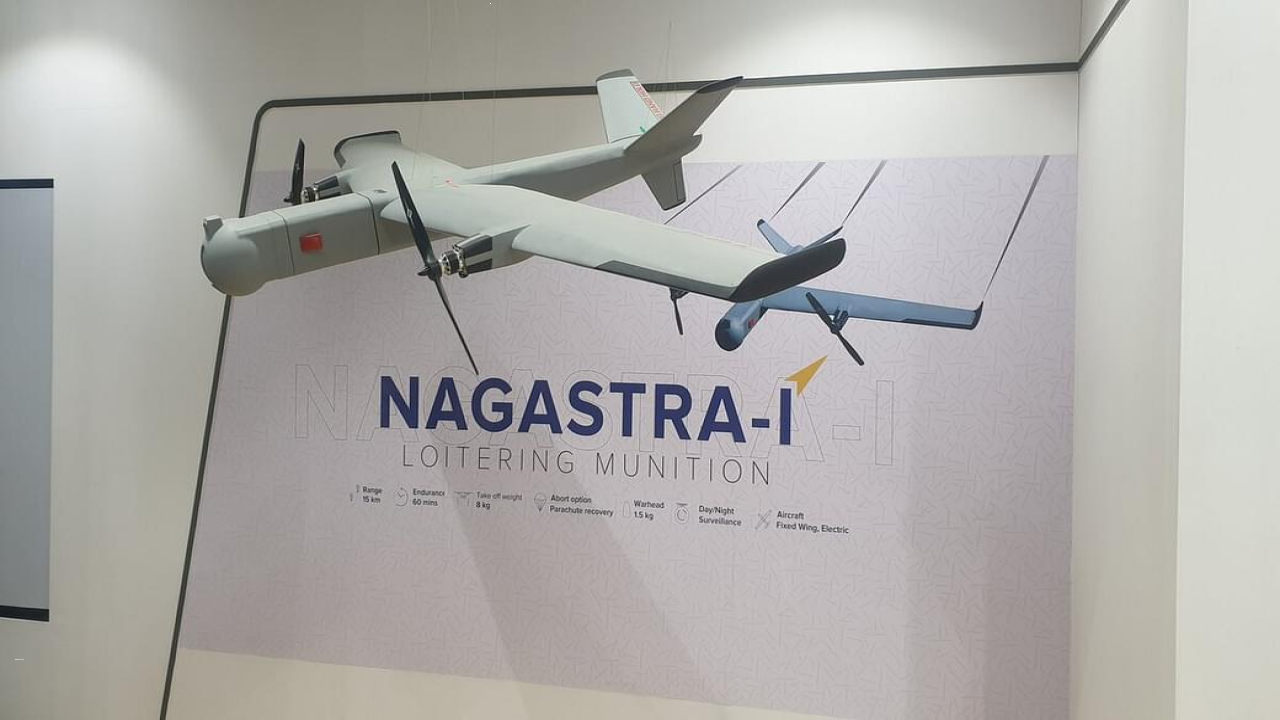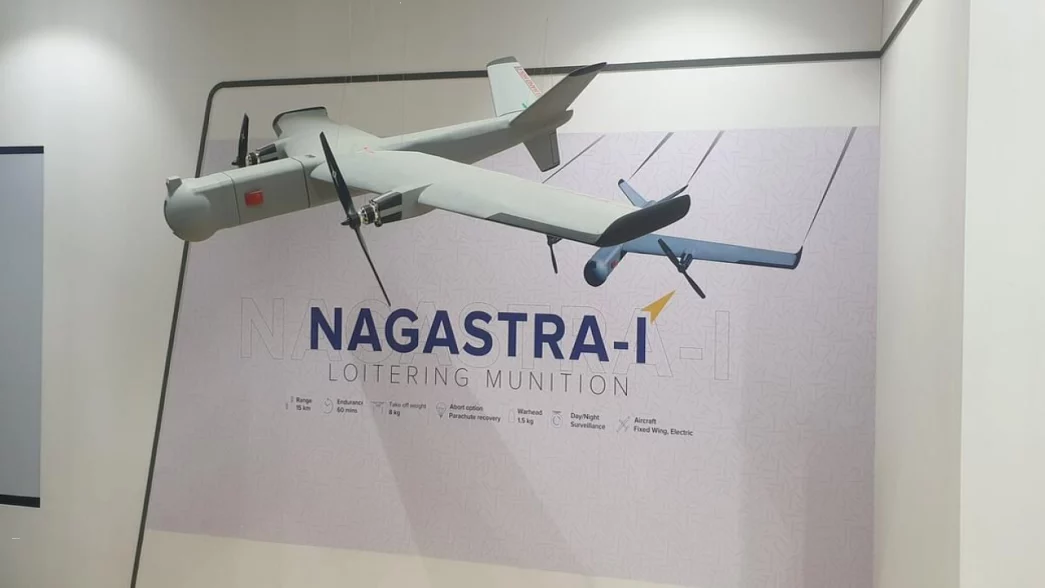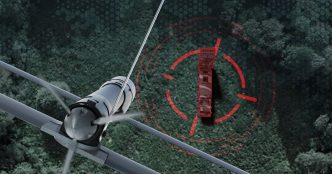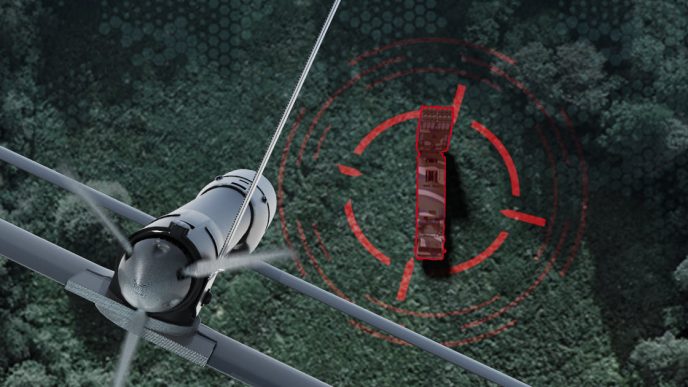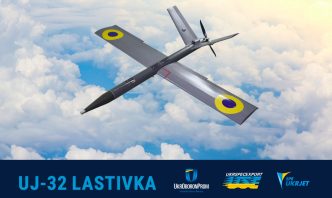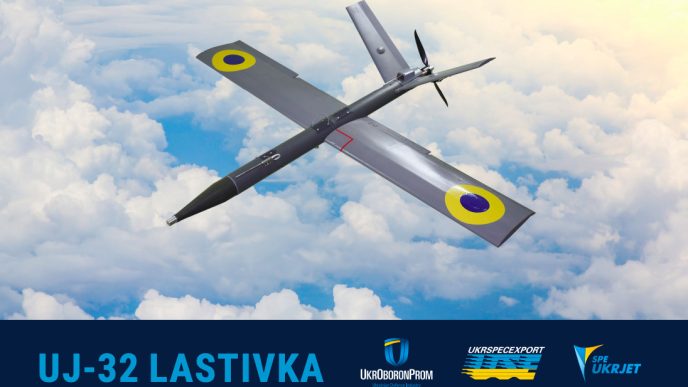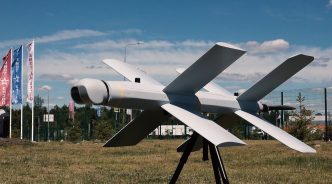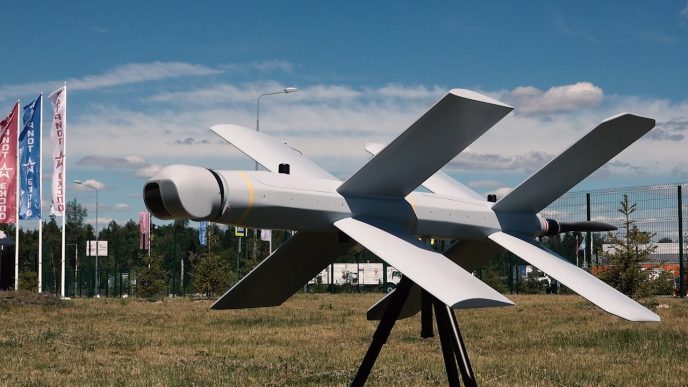India’s defense industry has achieved a groundbreaking milestone by developing the Nagastra-1 and Nagastra-2, an indigenous loitering munition or kamikaze drone. Boasting over 75% indigenous content, this cutting-edge product represents a significant stride toward self-sufficiency in ammunition and defense systems. With GPS-enabled precision strike technology, an endurance of 60 minutes, and a range that surpasses its counterparts, the Nagastra-1 provides the Indian Army with a formidable advantage in combat scenarios while reducing reliance on foreign suppliers and bolstering national security.
Advanced Features for Unparalleled Precision
The Indian Army has entered into an emergency contract with Economic Explosives Limited (EEL) to procure approximately 450 Nagastra-1 loitering munitions. EEL, a subsidiary of India’s Solar Group, is a prominent private-sector manufacturer specializing in explosives, Pinaka rockets, boosters, grenades, and various other munitions.
The Nagastra-1 is derived from the Trinetra loitering munition developed by Z Motion Autonomous Systems, a startup in which Solar Group has a significant stake. The munition has undergone trials across various terrain and other operating conditions. The contract is to be executed within one year.
Equipped with state-of-the-art GPS-enabled precision strike technology, the Nagastra-1 sets a new benchmark for accuracy in loitering munitions. Its striking capability, with an astonishing precision of 2 meters, makes it an ideal choice for engaging hostile targets effectively. The drone operates in two modes: the man-in-loop mode, which allows for real-time control within a range of 15 km, and the autonomous mode, extending its range to an impressive 30 km. This dual functionality ensures flexibility and adaptability in various mission scenarios.
Surveillance and Warhead Features
The Nagastra-1 boasts advanced day-night surveillance cameras, giving the operator superior situational awareness. This comprehensive visual coverage allows for accurate target detection and identification. Complementing its surveillance capabilities, the drone features a fragmenting warhead to neutralize soft-skin targets. This combination of surveillance and warhead technology equips the Indian Army with a potent and precise offensive capability.
Reusability and Safety Measures
The Nagastra-1 incorporates a parachute recovery mechanism to maximize operational efficiency and cost-effectiveness. This innovation enables the drone to be recovered and reused multiple times, ensuring sustainability in its deployment. Moreover, the drone can abort missions or initiate a soft landing if the target is not detected, minimizing potential risks and increasing operational flexibility.
Strategic Shift
Solar Industries Nagpur, a prominent player in India’s defense industry, has secured a major contract to supply the Nagastra loitering munition to the Indian Army. This achievement underlines India’s commitment to reducing dependence on foreign suppliers and fostering indigenous capability. The recent surge in drone-related incidents along the northern borders has highlighted the criticality of developing autonomous defense systems, which will augment India’s ability to counter threats effectively.
Precision Strikes against Terrorist Camps
The acquisition of indigenous suicide drones presents the Indian Army with an enhanced capacity to strike terrorist camps and launch pads across the Line of Control in Pakistan. The Nagastra-1’s shallow strike capability ensures precision targeting without endangering soldiers’ lives. Defense establishment insiders emphasize the significance of this development, as it provides the Indian Army with a crucial advantage in countering security threats in the region.
Variants
Nagastra-1
Nagastra-1 weighs 8kg and can be equipped with a 1 or 1.5kg warhead. The fixed-wing, electrically powered munition has an endurance of 60 minutes and can achieve a range of 15km with man-in-the-loop control. It can be recovered using an inbuilt parachute. In autonomous mode, Nagastra-1 can reach ranges of about 40km.
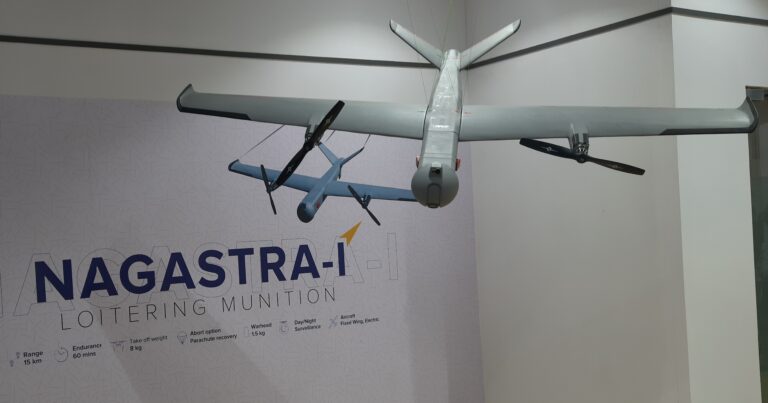
Nagastra-2
Nagastra-2 weighs 12 kg and has an endurance of 90 minutes. It can achieve a man-in-loop range of 25 km and an autonomous range of about 90 km. The parachute recoverable munition has a 4 kg warhead. It is ideally suited against armored targets.
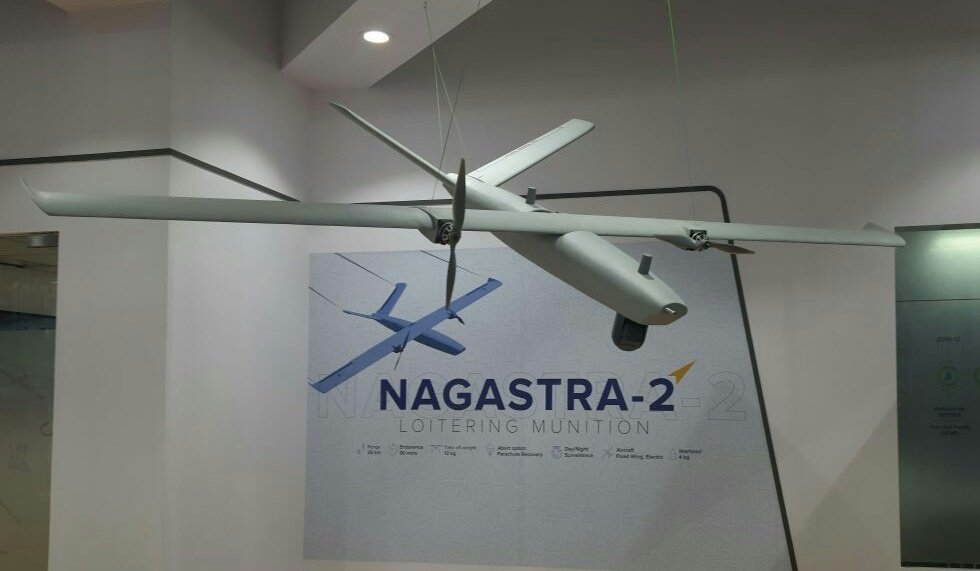
Conclusion
Solar Industries Nagpur‘s groundbreaking initiative to boost indigenous capabilities in drone warfare through the Nagastra-1 marks a pivotal moment in India’s defense industry. With its unrivaled long-range capabilities, remarkable accuracy, and reduced reliance on foreign suppliers, this indigenous loitering munition has catapulted India’s defense capabilities to new heights.
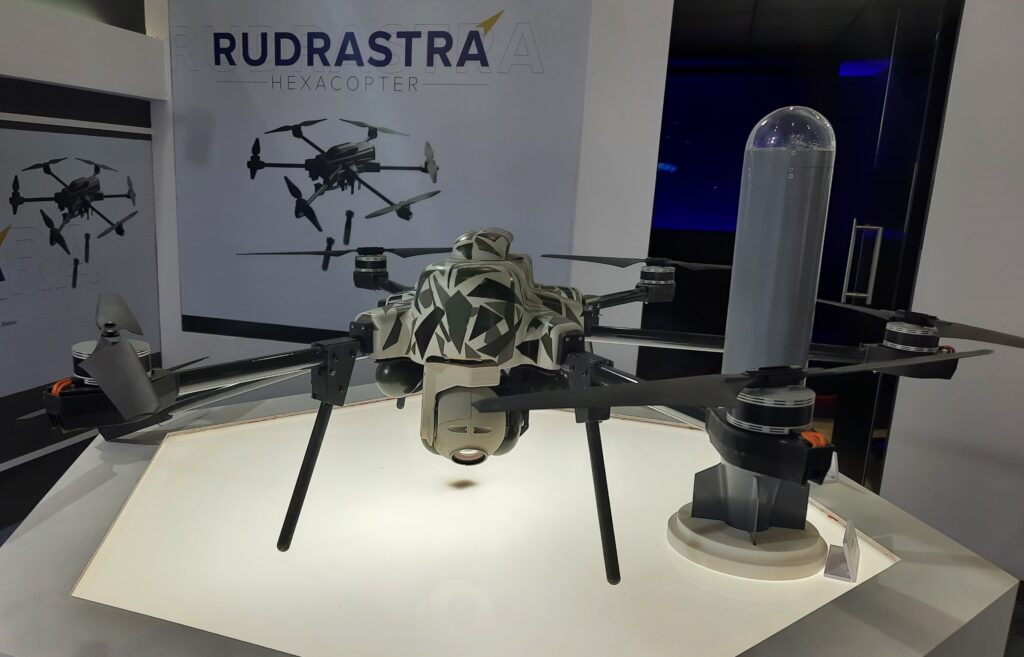
The Nagastra-1 equips the Indian Army with a strategic advantage in combat scenarios, bolstering national security and reaffirming the nation’s commitment to self-sufficiency in defense systems. As India continues to forge ahead on technological advancements, the Nagastra-1 is a testament to its determination to safeguard its borders and protect its interests. EEL is also a manufacturer of the Rudrastra, a hexacopter VTOL drone that can carry multiple gravity drop fragmenting warheads for use against soft-skinned targets.
